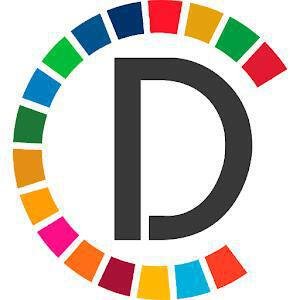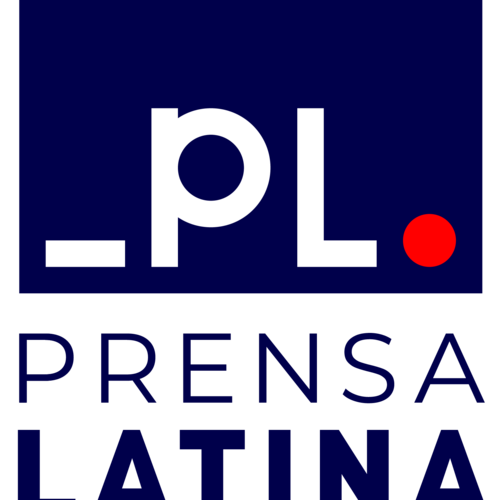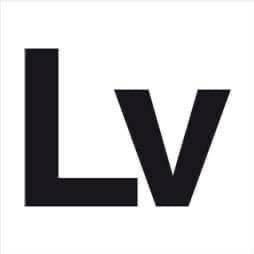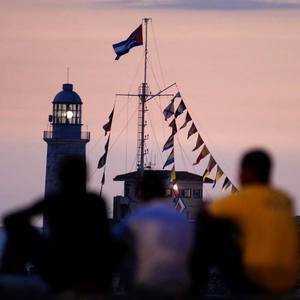It’s been one month since the chaotic presidential election in Venezuela unfolded. There has been international outcry that the election was rigged. Even the U.S. said that incumbent authoritarian President Nicolás Maduro did not win the election despite his claim to victory.
Since the vote, there has been no transparency over voter rolls or tallies, and the disputed results have not changed.
The controversy over the election results sparked widespread protests and violence that has turned deadly, with at least 24 civilians and one soldier killed.
Maduro also ramped up a crackdown on dissent.
The socialist regime, accused of outright election theft, utilized door-to-door raids and mass arrests to quash opposition. The government’s heavy-handed response includes arresting around 2,000 people, including more than 100 children as young as 13, according to human rights groups.
Maduro’s government charged all of the children with terrorism, according to human rights lawyers.
The number of children arrested outpaced figures recorded during even the region’s most notorious campaigns of repression.
“Security forces are detaining people at a speed we had not seen in Venezuela’s recent history, even during the brutal repression in 2014 and 2017,” the Americas director for Human Rights Watch said. “This is not just a clampdown on demonstrators. It’s a full witch hunt against anyone who dares criticize the government.”
The opposition to Maduro said its candidate, Edmundo González, won by a more than two-to-one margin, based on data from 80% of polling machines.
Maduro’s government doubled down, saying he won by more than a million votes. Venezuela’s Supreme Court also certified the results in Maduro’s favor.
While the U.S. and other countries ask Venezuela for proof, one of Venezuela’s top election officials is now questioning the lack of transparency.
Juan Carlos Delpino, a member of the five-person National Electoral Council that is in charge of announcing results, said he saw “no evidence” Maduro won the election.
Speaking to The New York Times while hiding out of fear of government backlash, Delpino said he is “ashamed” that the country’s election body “failed the country.”
As political unrest deepens in an already tumultuous country that faced mass famine and a yearslong exodus, the number of Venezuelans fleeing the country is expected to ramp up significantly.
According to a Venezuelan polling firm, approximately 600,000 Venezuelans are considering fleeing the country by the end of September. The poll also showed there are nearly 930,000 more people planning to leave the end of 2024.












































































